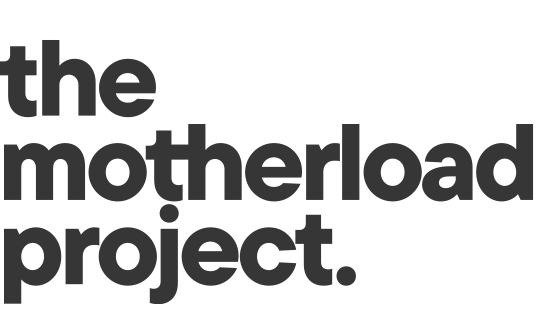Research
We produce research that amplifies the voices of low-income mothers in South Africa, makes care work visible and identifies gaps between policy and care realities. Disseminating the research widely, we contribute to the global discussion on unpaid care work. By fostering collaboration between government, civil society, academics and members of communities, we develop new approaches to the complex issue of unpaid care work. Our methodology is rooted in decolonial, feminist and Southern intersectional approaches. We use participatory and arts-based methodologies.
Key research outputs:
- Reports and policy briefs that inform decision-making
- Academic publications contributing to feminist, decolonial and African care work scholarship
- Partnerships with researchers and institutions
- Knowledge-sharing workshops and symposia
Publications Policy briefs Events
Policy
Our work supports the creation of people-centred, responsive policies that acknowledge care as essential for healthy and sustainable societies in South Africa and beyond. We help policymakers understand how care responsibilities shape the lives of mothers, ensuring that policy content reflects these realities.
Key policy-related outputs:
- Policy briefs and recommendations informed by lived experiences
- Frameworks for integrating care considerations into social and economic policies
- Engagements with government, advisors and advocacy organisations to translate research into policy recommendations
Activism
We develop methodologies that centre local communities in research and policy development. We also build networks of activists, researchers and policymakers to drive systemic change. Our civil society partners have seen meaningful shifts by integrating The Motherload research findings into their programs, curricula and campaigns.
Our approach bridges academic research with grassroots activism and policy engagement.
Key activism outputs:
- Collaborative campaigns with local partners in the Western Cape province
- Resources to assist organisations raise awareness
- Public discussions, symposia and events to shift narratives on care
Healing
We see healing as a personal and shared journey that involves addressing the profound impacts of colonialism, displacement and systemic inequality, especially for people from the Global South. We aim to create spaces that acknowledge these intergenerational and structural traumas while supporting the well-being of our academic team, student researchers and community co-researchers. By fostering epistemic healing, we amplify voices traditionally excluded from research, restore devalued knowledge systems and affirm lived experiences as valid sources of understanding. Through participatory research, we promote epistemic justice by reclaiming indigenous and marginalised perspectives, challenging harmful narratives and integrating practices like dialogue, critical reflection, mindfulness and breathwork.
Key healing outputs:
- Safe spaces for community co-researchers, i.e. the mothers and fathers we work with
- Reflexivity workshops to help researchers navigate emotional labour in care research
- Mindfulness and breathwork sessions for the team and co-researchers
- Resources to help organisations improve processes and support care work
